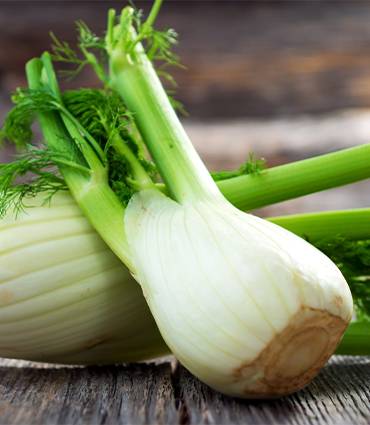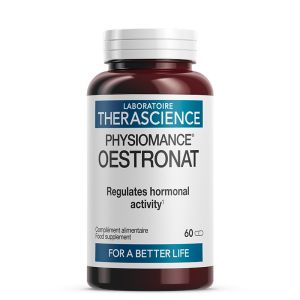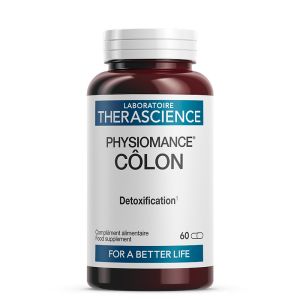
FENNEL

Latin name:
Foeniculum vulgare Miller var. vulgare
Foeniculum vulgare Miller var. dulce
Vernacular name:
Bitter Fennel, Sweet Fennel, Sweet Dill
Family:
Apiaceae
Origin:
Europe (France, Hungary, Romania),
China, Egypt, South America
Part of the plant used:
Fruits
Description
Mentioned in the De materia medica of the doctor Dioscoride - considered the father of pharmacology - knowledge of the benefits of fennel has been handed down through the centuries. During the French Revolution, fennel even had its day assigned to the month of fructidor in the republican calendar.
Although fennel is eaten and used in many recipes, it is also used in phytotherapy, particularly for its seeds. The seeds contain an essence that makes it possible to obtain an essential oil after distillation by steam distillation. Fennel essential oil is composed of ethers, notably trans-anethole and tarragol as well as monoterpenes.
Due to its anethol content, fennel has oestrogen-like properties and promotes lactation.
Fennel has an effect on the digestive system. It is antispasmodic and stimulates the motor skills of the stomach. Its seeds are also carminative, i.e. they help absorb gases and promote their expulsion.
Fennel also plays an anti-inflammatory role and inhibits the synthesis of leukotrienes.
The benefits
- Fennel, a plant of the Apiaceae family, is used in phytotherapy for its seeds. It acts at the level of the digestive sphere. It helps to promote digestion and relieves digestive discomforts such as bloating by participating in the expulsion of gas.
- Fennel promotes detoxification systems and participates in the excretory function of the kidneys.
Our products based on Fennel
-
€26.90
-
€20.60













Recommandé par mon médecin, je l'utilise régulièrement, avec de tvoir plus
Avis du 28/09/2024, suite à une expérience du 11/09/2024 par Silvia S